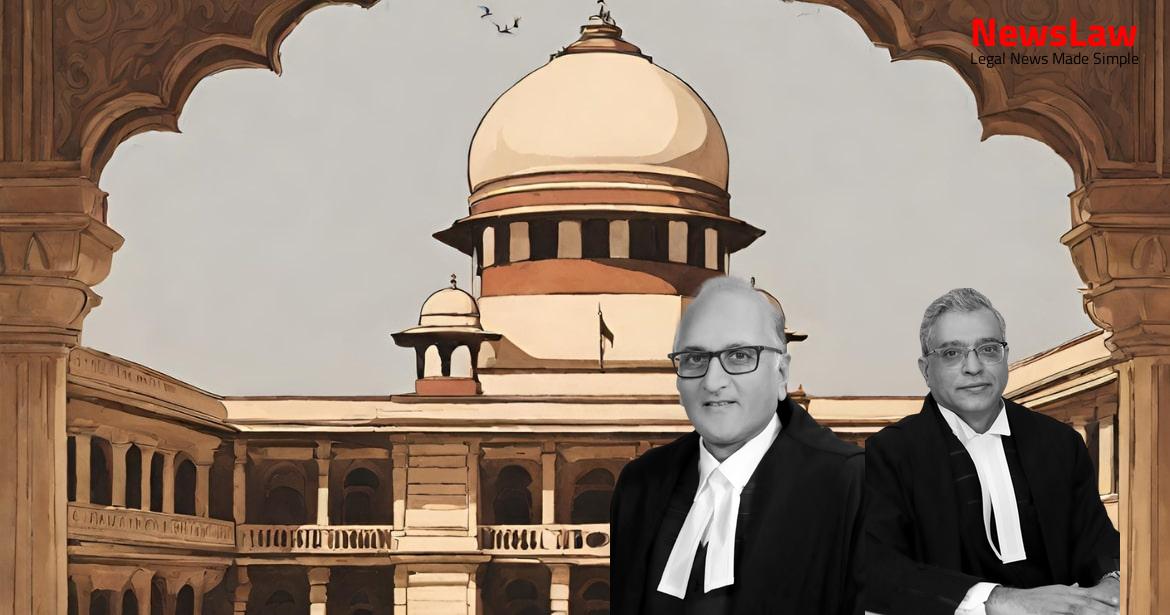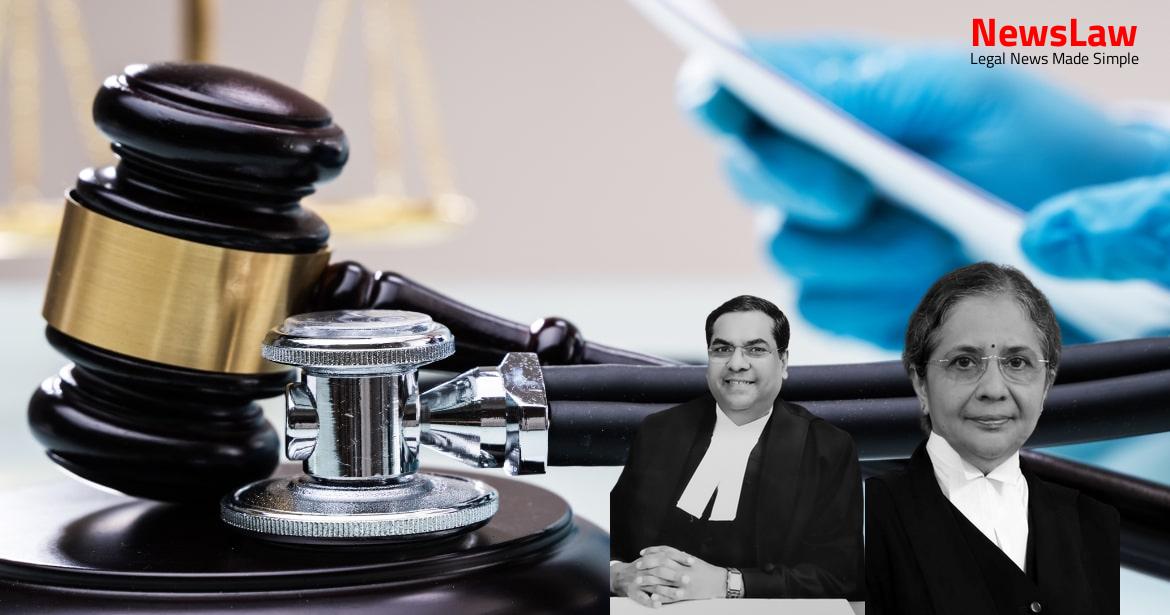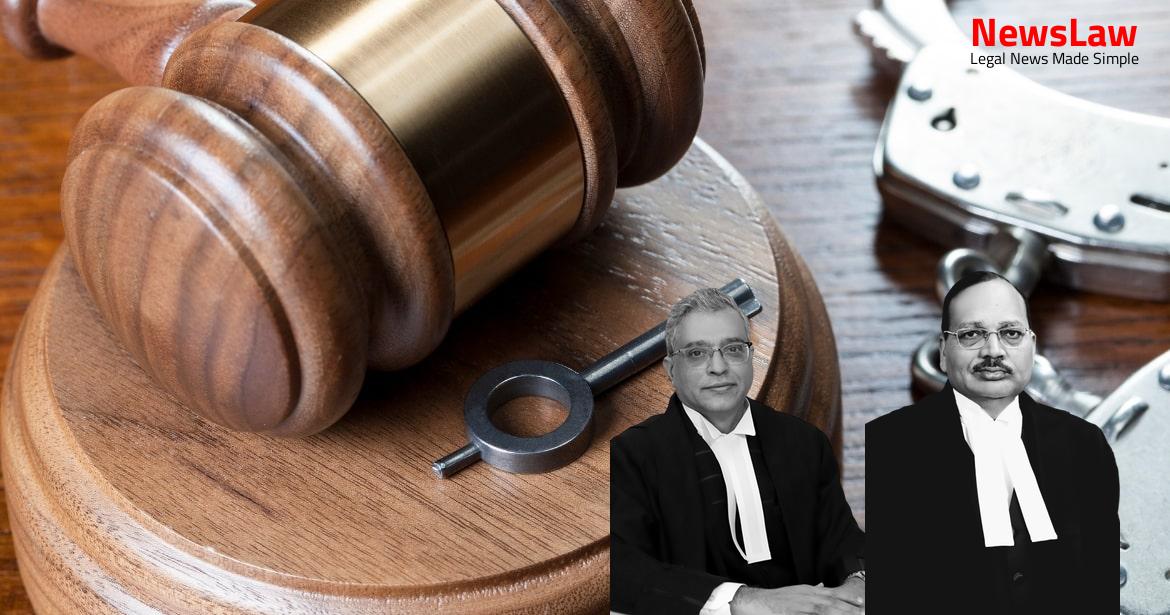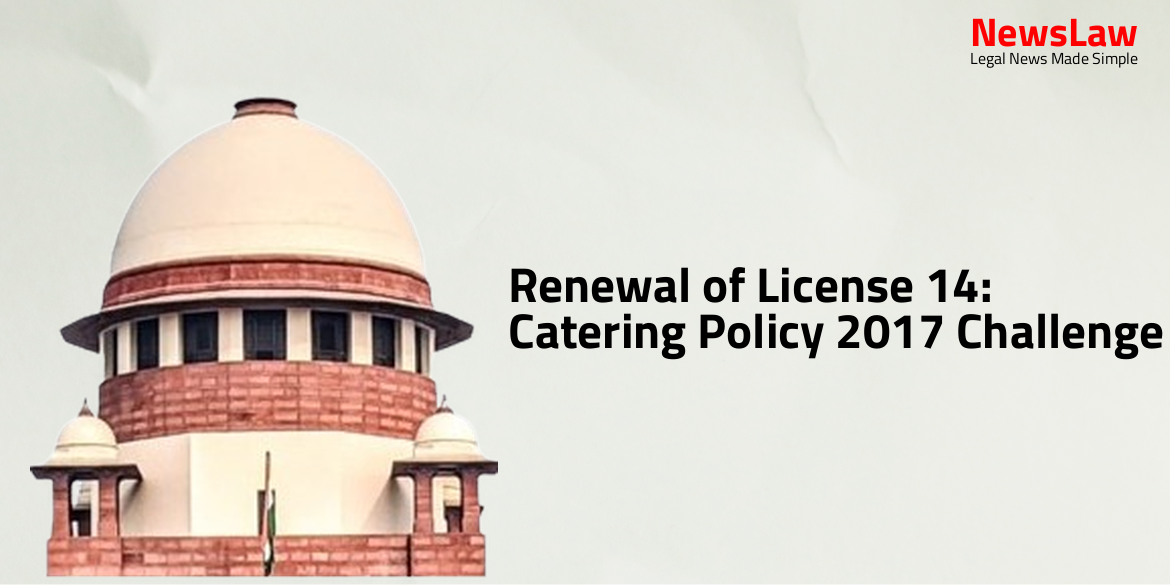Explore the in-depth legal analysis by the court regarding parity in benefits for ad-hoc teachers. The court’s decision serves as a landmark ruling in the realm of teacher rights and regularization. Stay informed on the implications of this significant judgment.
Facts
- Division Bench allowed the appellant to withdraw the original writ petition in view of certain circulars
- Directions issued in the case of Harbhajan Kaur attained finality
- Harbhajan Kaur was granted full benefits including arrears of wages and emoluments
- Similar relief claimed by the appellant was dismissed by the Single Judge of the High Court
- Supreme Court deprecated the practice of ad-hoc appointment of teachers
- Respondents are burdened with costs of Rs.10,000 for contesting the present petition
- The controversy revolves around whether the appellant can claim parity with the case of Harbhajan Kaur
Also Read: Balancing Power and Transparency: Electoral Bonds Struck Down, Disclosure Mandated
Analysis
- Appellant raised a subsequent challenge in the second round, which was successful in the High Court.
- Appellant was granted regularization with consequential benefits, but the benefit was restricted from the date of filing the second writ petition.
- The Order of the Division Bench of the High Court, granting the relief, is being challenged.
- Respondent does not dispute the appellant’s entitlement to regularization and all consequential benefits.
- Harbhajan Kaur was granted benefits from the beginning of the academic session when she filed the writ petition.
- The appellant is entitled to the same benefits as Harbhajan Kaur and should receive them from the beginning of the Academic Session of 2002 when the initial writ petition was filed.
- Regularization and all other consequential benefits should be granted to the appellant from the mentioned starting point.
Also Read: Recall of Resolution Plan Approval: Legal Analysis
Decision
- The appeal is allowed
- No order as to costs
- Order to be implemented within eight weeks
- Arrears to be paid to the appellant within two weeks after implementation
Case Title: MILAN RANA Vs. GOVT. OF NCT OF DELHI (2022 INSC 388)
Case Number: C.A. No.-002722-002722 / 2022



